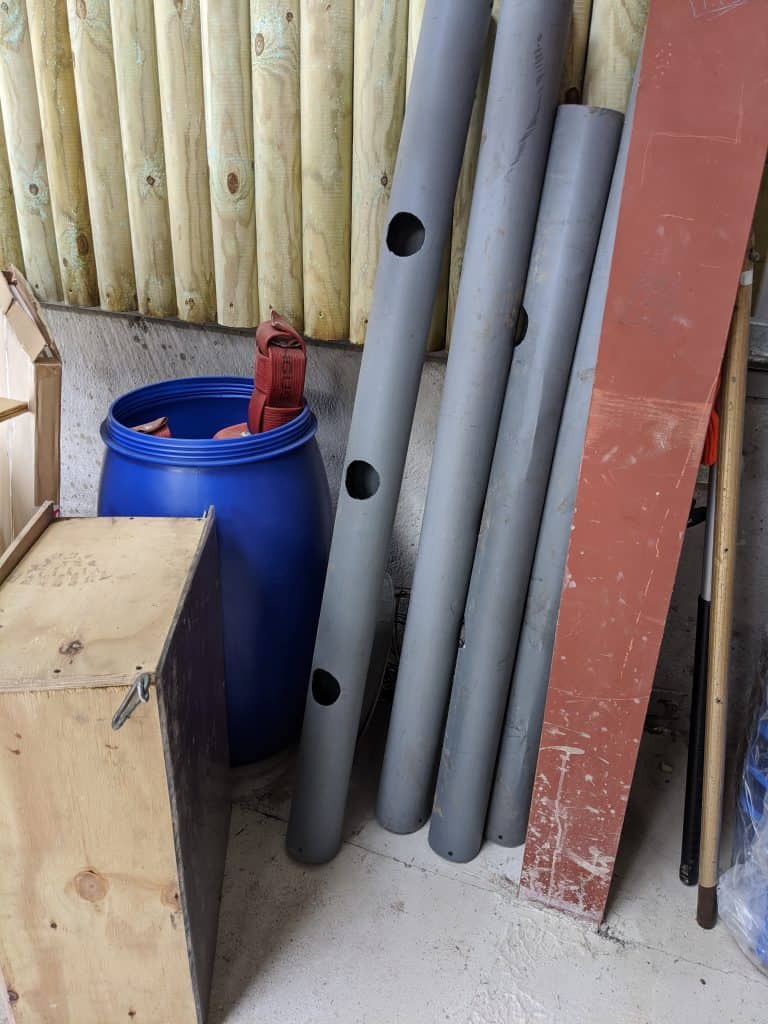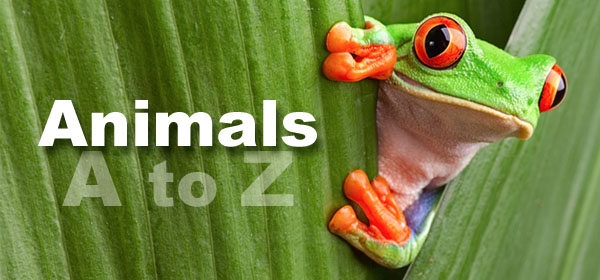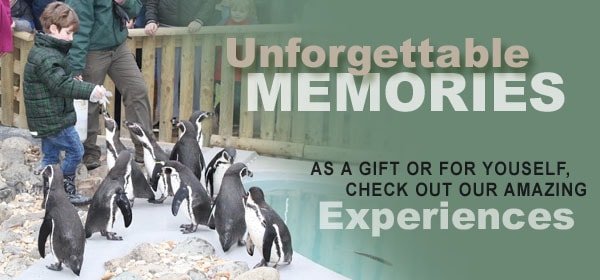Yes! You heard right. We have announced that we are getting Giraffes before the start of Easter. Further details will be announced nearer the time, so stay tuned on our social media pages for further updates.
There has been speculation about what animal may be going in our newest enclosure for months. We have had a lot of suggestions from, elephants to ostrich and rhino to okapi, all great guesses but not quite right.
So what happens when we are preparing for a new species to arrive?
Research, planning and MORE planning.
On average once we have decided on a species which we would like to house it takes about 3/5 years before we actually have the animals on site.
A lot of research goes into how we should look after this species. Myself, the Curator, the Head of Mammals, keepers and a lot of other staff at the park start doing research into the newest, best practice guidelines for looking after such an iconic species.
How do we look after giraffes? What food is suitable? What bedding do they need? Do we need specialist equipment? What do we do if veterinary care is needed? What do they need to thrive? The list goes on and on…
After A LOT of reading we then need to decide whether a member or members of staff need to go for training with the species before we actually have them arrive.
In this case, our Head of Mammals, Matt went for training to another zoo in the UK which houses giraffes so that he could learn as much as possible about how to care for this species. The same can be said about the Orangutans and Chimpanzees.
It is of great benefit to be able to collaborate with other zoos to allow staff to be able to be trained with animals from the species we are getting. It gives keepers the hands on experience which is needed when working with a new species which is very different to animals which we already house.
So the enclosure has been built to the specifications required to house them, keepers have gone for training, what happens now?
More reading and planning whilst we wait for a decision from the studbook keeper about which specific animals we will be getting.
Giraffe Diet
There is always new research and guidelines about animal care being produced and it is part of a zoo keeper’s job to keep up to date with new developments. For example many zoos are now moving away from feeding fruit to a lot of animals and basing diets on vegetables and browse (foliage), You can find out more about this in my previous blog, here.
Giraffe in particular have had a lot of research conducted on their eating habits and how what we feed them effects their health. Giraffe are classed as browsers and therefore eat leaves from trees and bushes in the wild. Eating a diet based on grass (grazer) can be very detrimental to their teeth as they become worn down quickly. This can cause digestive problems due to their food not being chewed well enough to aid digestion.
A lot of planning also goes into how the keepers are going to work with them. Do we need more staff? How do we fit their routine into the keepers existing day? When will they be fed? When will they be cleaned? What do we do if they don’t want to move? A long list of questions follows with more being added as our plans develop.
Keepers also do their part by developing enrichment ideas and items ready to use on their arrival.

Here are a few pictures from the keepers perspective inside the Giraffe house.
Giraffe House
So as I said at the start, keep an eye out on our social media for the latest updates for when the giraffes will be arriving and where they are coming from.
We all cannot wait to welcome our newest arrivals!


